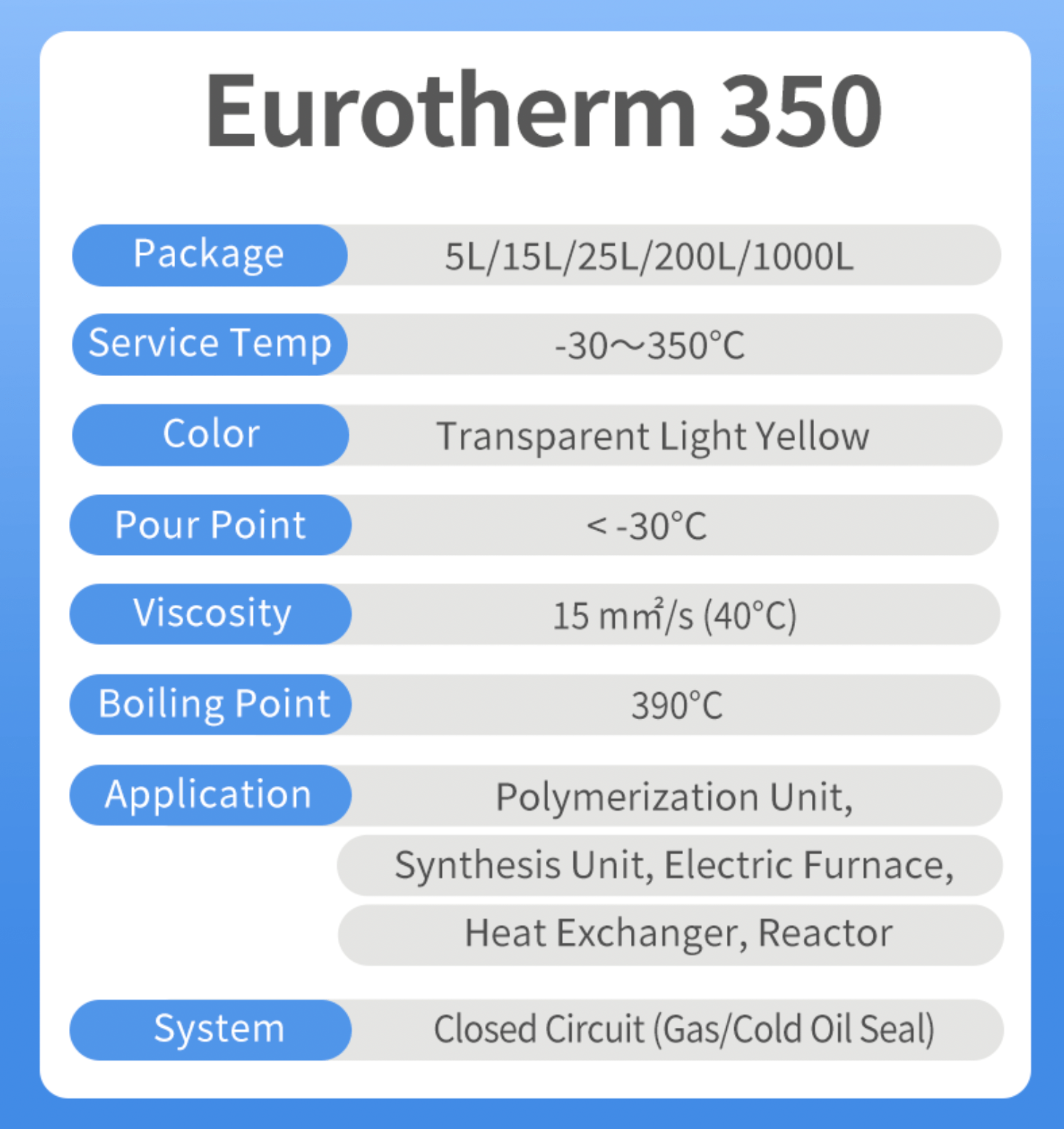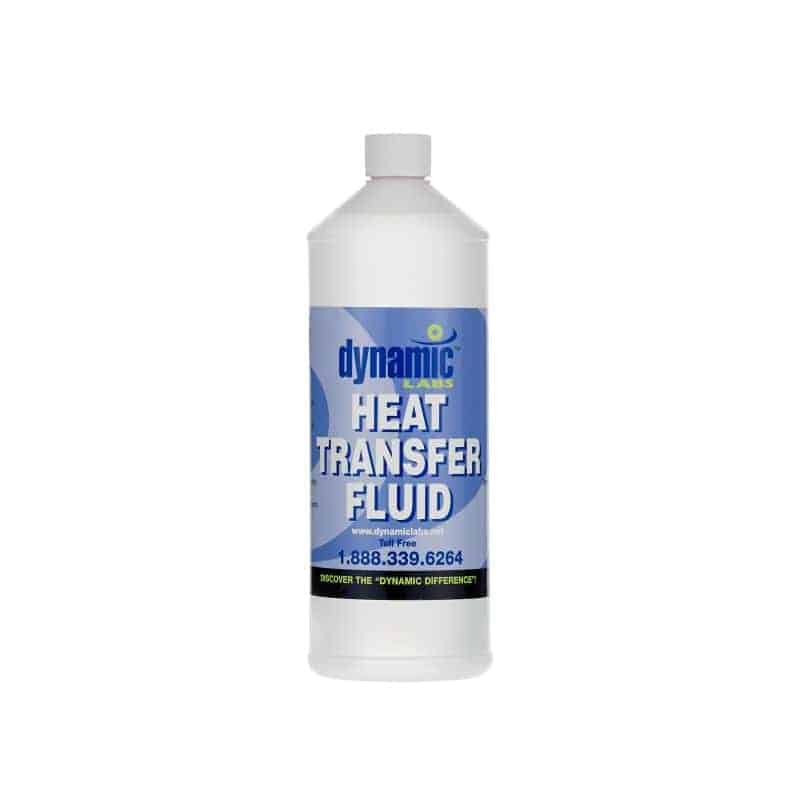How Silicone Oil Functions as a Efficient Heat Transfer Fluid in Precision Equipment
How Silicone Oil Functions as a Efficient Heat Transfer Fluid in Precision Equipment
Blog Article
Why Picking the Right Heat Transfer Fluid Is Crucial for Optimal System Effectiveness
Choosing a proper warmth transfer fluid is a critical decision that can significantly affect system performance and operational costs. As the implications of this option expand much beyond instant efficiency, understanding the nuances of liquid choice comes to be essential for any person looking to accomplish ideal system performance.
Importance of Heat Transfer Fluids
What role do warmth transfer liquids play in industrial processes? Heat transfer liquids are important for the reliable transfer of thermal energy within various commercial systems.
The choice of warm transfer fluid can dramatically impact energy effectiveness, devices, and safety and security long life. Fluids should be qualified of holding up against heats and pressures without breaking down, along with exhibit minimal volatility and low poisoning. Their performance directly affects not only the productivity of the system however likewise its functional expenses.
In addition, warmth transfer liquids play an essential role in preserving process control, guaranteeing that temperature level variations are reduced. This is especially important in delicate applications such as drugs and petrochemicals, where specific temperature level administration is important. On the whole, the importance of picking the appropriate warmth transfer liquid can not be overemphasized, as it is important to enhancing industrial processes and boosting total system efficiency.
Secret Residence to Take Into Consideration
When choosing a warm transfer fluid, which crucial residential or commercial properties should be focused on to make certain optimal performance? Most importantly, thermal conductivity is critical; a liquid with high thermal conductivity will successfully transfer warm, reducing energy loss. In addition, the details heat capacity of the fluid is important, as it identifies just how much power the fluid can store and launch, influencing overall system responsiveness.
Thickness is an additional significant property to take into consideration, as it influences the liquid's flow qualities; lower thickness fluids are generally chosen for simpler blood circulation and minimized pumping power. The fluid's temperature level range is similarly crucial; it should carry out properly within the operational temperatures of the system without evaporating or deteriorating.
Consider the ecological effect and safety account of the fluid, as regulations and sustainability goals significantly influence fluid choice. By focusing on these crucial properties, one can choose a warm transfer fluid that improves system strength and reliability.

Influence on System Effectiveness
The selection of warm transfer fluid straight influences system performance, influencing both power consumption and functional performance. A liquid's thermal conductivity, viscosity, and heat ability play critical roles in how successfully it transfers heat within a system. Ideal fluid homes make certain that heat is absorbed and distributed efficiently, lessening energy losses and improving the total performance of the system.

Furthermore, the compatibility of the fluid with system materials can significantly affect performance. A fluid that causes rust or destruction can lead to leaks and system failures, better reducing effectiveness. In summary, the ideal warmth transfer fluid not just takes full advantage of energy effectiveness and lowers prices however also improves the reliability and durability of the system, making it an essential consideration for engineers and decision-makers in thermal monitoring applications.
Usual Kinds Of Heat Transfer Fluids
A range of investigate this site warmth transfer liquids are generally utilized in thermal management systems, each with distinctive homes matched to certain applications. Water is among one of the most widely made use of warm transfer liquids as a result of its high particular warm capacity, affordable, and accessibility. Its cold point limits its usage in low-temperature applications.
Thermal oils, frequently stemmed from petroleum, are one more prominent option, especially in high-temperature systems. These liquids can operate at elevated temperatures without vaporizing, making them suitable for commercial applications. They might have restrictions concerning thermal stability.
Refrigerants, used mainly in cooling systems, have one-of-a-kind thermodynamic residential properties that allow for reliable heat transfer at reduced temperatures. Their choice is important to make certain effectiveness and conformity with environmental regulations.

On top of that, phase change products (PCMs) are gaining traction for their ability to soak up and launch significant quantities of heat throughout stage shifts, offering an one-of-a-kind solution for thermal power storage. Each fluid's specific characteristics need to be evaluated for optimal performance.
Finest Practices for Choice
Selecting the proper warmth transfer fluid entails careful consideration of a number of essential factors that line up with the specific demands of the application. Analyze the functional temperature level array. The fluid needs to maintain its homes and performance throughout the desired temperature level range. Second, take into consideration the fluid's thermal conductivity, which influences heat transfer prices; higher thermal conductivity typically results in enhanced performance.
Additionally, review the liquid's viscosity, as it affects pumping energy and total system efficiency. Reduced viscosity liquids generally minimize power usage throughout flow. Compatibility with system products is one more crucial facet; guarantee that the liquid does not cause rust or deterioration of parts and pipelines.
Following, take into consideration the fluid's security and longevity, specifically in high-temperature applications. A stable liquid reduces upkeep and substitute prices. Last but not least, environmental and security laws should assist your option procedure, highlighting environmentally pleasant and safe options when feasible.
Final Thought
Finally, selecting the appropriate warmth transfer fluid is important for accomplishing optimal system efficiency. The appropriate liquid enhances thermal conductivity, reduces power losses, and advertises tools longevity, inevitably causing enhanced system reliability and performance. Recognizing the crucial buildings and influences of various liquids on like this system efficiency is essential for educated decision-making. Sticking to best methods in liquid selection can result in considerable lasting cost savings and operational efficiency.
Warmth transfer fluids are crucial for the effective transfer of thermal power within numerous commercial systems. Furthermore, the specific warmth capability of the fluid is crucial, as it determines exactly how much energy the fluid can keep and release, impacting total system responsiveness.
Think about the environmental effect and safety account of the fluid, as policies and sustainability objectives increasingly influence fluid selection - silicone oil. A fluid's thermal conductivity, viscosity, and heat ability play critical functions in just how efficiently it moves heat within a system. Water is one of the most extensively used heat transfer liquids due to its high specific warmth capacity, reduced expense, and schedule
Report this page